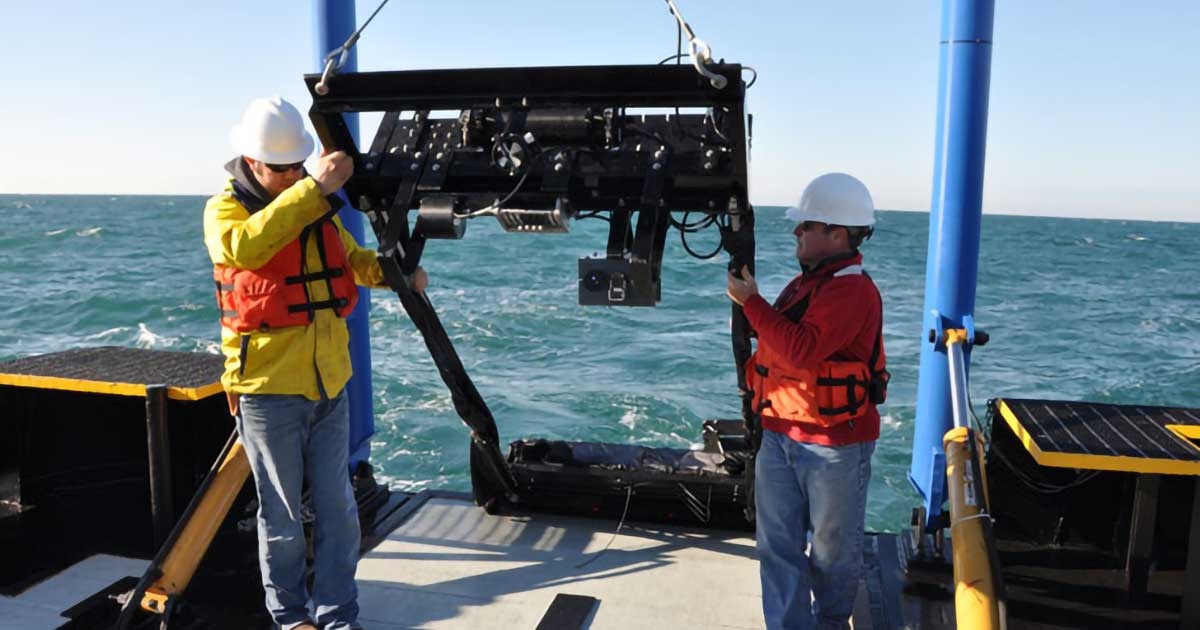CSA Ocean Sciences Inc. was contracted by the Offshore Operators Committee (OOC) to conduct zooplankton sampling for 2 years in the Gulf of Mexico using a MOCNESS system. This study has been undertaken to meet National Pollutant Discharge Elimination System (NPDES) regulations to fulfill requirements of Section 316(b) of the Clean Water Act, which provides that “any standard established pursuant to sections 301 or 306 of the Clean Water Act and applicable to a point source shall require that the location, design, construction, and capacity of the cooling water intake structures reflect the best technology available for minimizing adverse environmental impact.”
A major goal of this regulation is to minimize the impingement and entrainment of fish and other aquatic organisms as they are drawn into a facility's cooling water intake. In the NPDES general permit for the Western Portion of the Outer Continental Shelf of Gulf of Mexico under Section 316(b) Phase III regulations, the U.S. Environmental Protection Agency (EPA) requires that operators of new facilities with CWIS designed to take in more than 2 million gallons per day (MGD) of seawater and with more than 25% of that used for cooling water must 1) undertake source water biological baseline surveys; 2) conduct frequent visual or remote inspections of CWIS; and 3) conduct entrainment monitoring studies for some facilities. This program was designed to fulfill this permit requirement. Sampling was conducted over a 2-year period at 2-week intervals. The sampling design consists of three vertically stratified plankton collections taken at dawn, mid-day, and dusk in the vicinity of four deepwater facilities in the central and western Gulf of Mexico. Samples were analyzed to determine the abundances of fish eggs and larvae, and the data used to evaluate the impact of deepwater cooling water intakes on fish populations.


